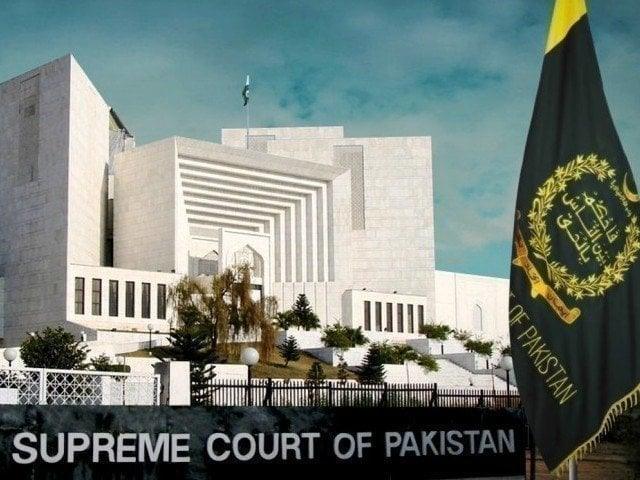The Supreme Court on Thursday reserved its judgment in the contempt of court case against additional secretary Nazar Abbas in connection with the court’s powers case.
A two-judge court heard the case, in which Abbas was accused of failing to schedule a hearing on the court’s powers issue.
Justice Mansoor Ali Shah, who presides over the two-member bench along with Justice Aqeel Abbasi, expressed concern during the hearing and questioned the committee’s authority to retract cases that were already under judicial review.
Justice Shah observed: “Prima facie, the committee of judges ignored a court order. While contempt proceedings could be initiated, we will not issue a notice in this case.”
The proceedings addressed broader constitutional principles, including the scope of Article 191-A of the Constitution, which governs the role and autonomy of the judiciary.
Hamid Khan, appointed as amicus curiae by the high court, argued that the committee’s actions were not only procedurally flawed but also incompatible with constitutional safeguards.
“The Constitution does not allow some judges to have more powers than others. These practices undermine the spirit of equality and judicial independence,” he said.
Justice Shah noted that the question of whether the Chief Justice of Pakistan or a committee has the exclusive authority to form a full court remains fundamental.
He added that if the committee ignored a court order, the matter could warrant referral to a full court for decision.
Justice Aqeel Abbasi pointed out possible confusion around the jurisdiction of the committee of judges and procedural limits.
He stressed the need to address the ambiguities in the Supreme Court Rules, 1980, which define the framework for formation of judicial tribunals.
Hamid Khan further maintained that the committee’s retraction of the case contravened constitutional procedures, stressing that any such decision should be aligned with Article 191-A.
However, he acknowledged that the committee could have the administrative authority to reassign cases in certain circumstances.
The court also heard arguments from Attorney General Mansoor Usman Awan, who emphasized the need for judicial restraint.
He suggested that procedural errors, if any, should be resolved without undermining the institutional integrity of the judiciary.
Justice Shah drew attention to a related precedent involving former Chief Justice Qazi Faez Isa, where a similar reallocation of cases raised questions about judicial autonomy.
“If a court order can be overturned by an administrative committee, it sets a dangerous precedent for judicial independence,” he observed.
The attorney general recommended referring the matter to the chief justice of Pakistan for a final decision on whether a full court is necessary.
He argued that contempt proceedings were not justified in this case and that the committee of judges acted within its administrative jurisdiction.




